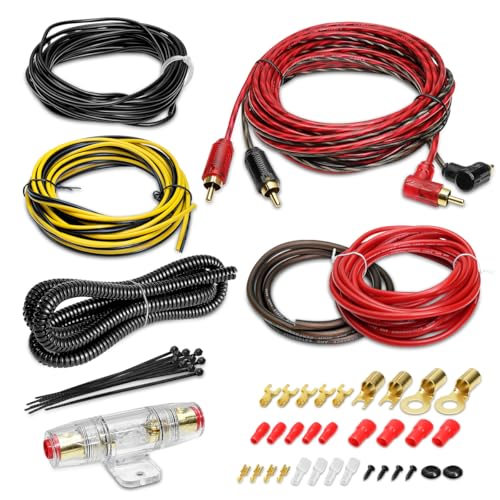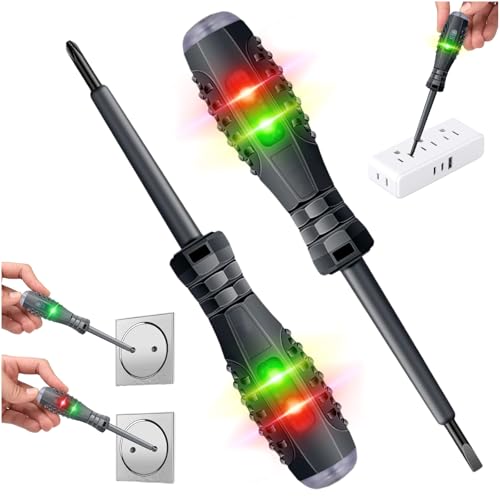GeoffT
Member
Having just completed a timber, single storey garden office/workshop building with a pent roof, I'm now looking into heating. Having fed the dimensions (15.4 sqM), location (inner Hebrides) and insulation (good) into a generic calculator, it tells me I should be looking at ~1600 Watts of oil filled electric convection radiator(s).
Thus far I have used an 1800 Watt fan heater and noticed yesterday (not the warmest) that once up to working temperature the inbuilt thermostat was cutting in and out on a roughly 50% duty cycle. Should I perhaps reassess the 1600 Watts prediction?
Thus far I have used an 1800 Watt fan heater and noticed yesterday (not the warmest) that once up to working temperature the inbuilt thermostat was cutting in and out on a roughly 50% duty cycle. Should I perhaps reassess the 1600 Watts prediction?
Last edited:
































































